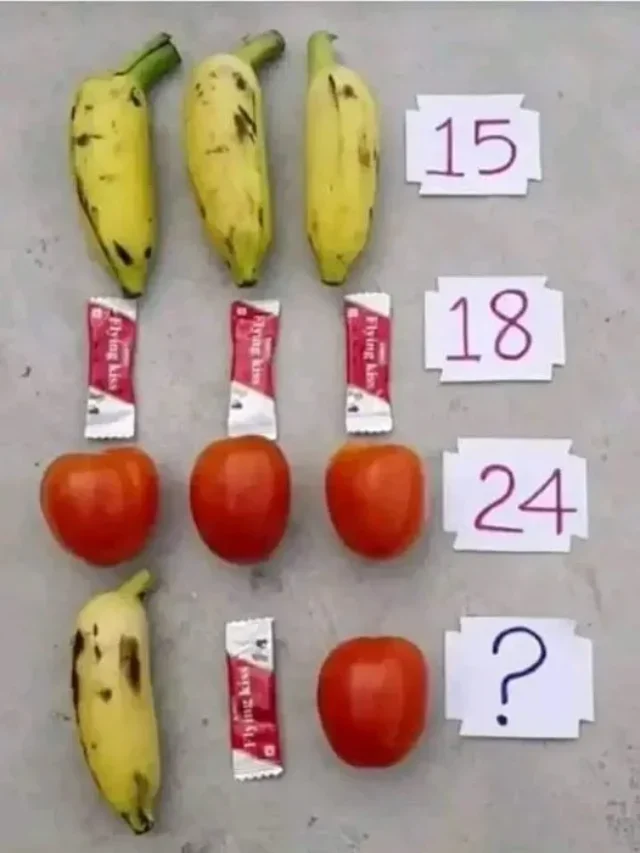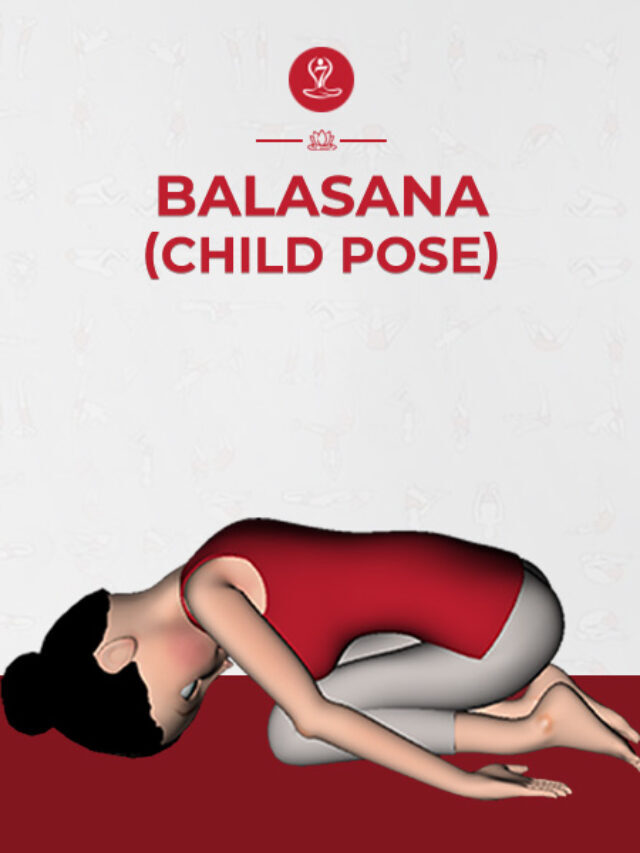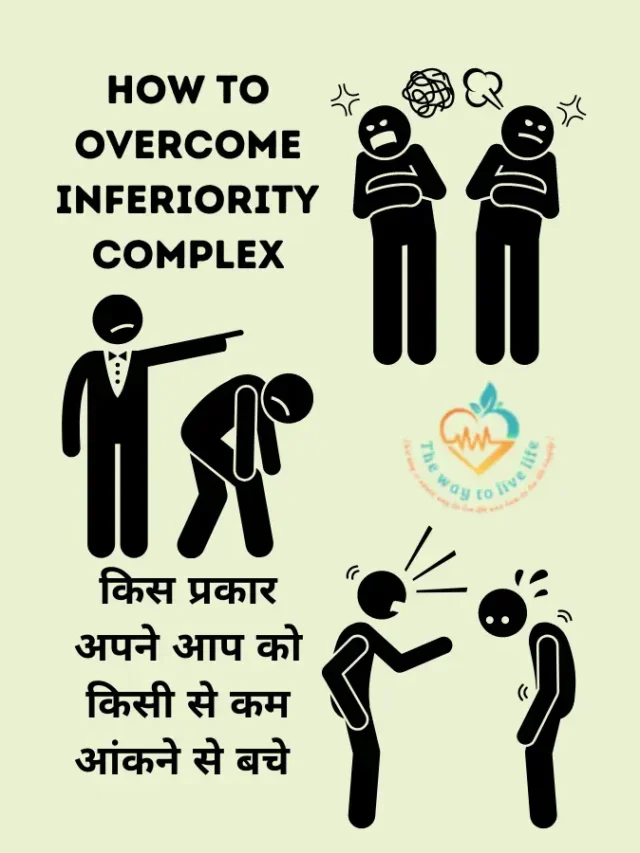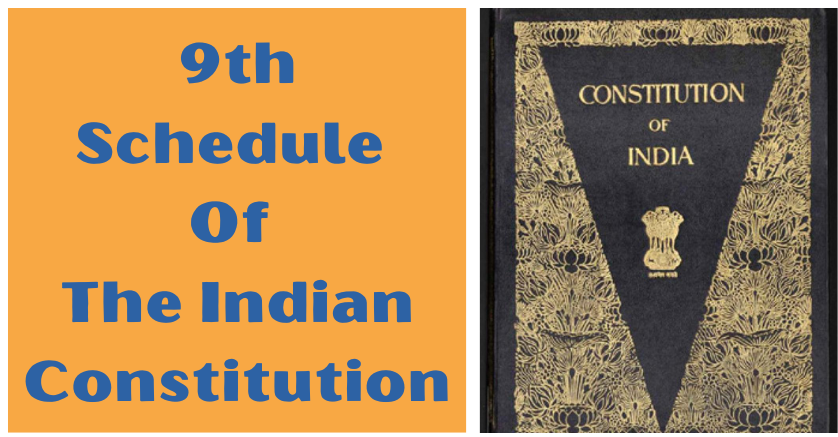What is Ninth Schedule?
- The schedule contains a list of central and state laws that cannot be challenged in court.
- This Schedule becomes the part of Indian constitution in 1951, with the first amendment act.
- Currently, there are 284 laws are protected by this schedule. Most of the laws are related to agriculture/land-related issues.
- It was created by the new Article 31B, which along with Article 31A was brought in by the government to protect laws related to agrarian (related to agriculture) reform and for abolishing the Zamindari system.
- While Article 31A extends protection to ‘Classes’ of laws, Article 31B shields specific laws or enactments.
- According to article 31B, if an act is held constitutional and thereafter is put under the 9th schedule, it will be considered as its part since its commencement.
Challenges to the 9th schedule
- While the Ninth schedule provides protection to the law from judicial review, it is not b
- In I.R. Coelho vs. State of Tami Nadu (2007) supreme court rules that law placed under the Ninth schedule can be challenged on the ground of violating the basic structure of the constitution.
- In Waman Rao vs. Union of India (1981) supreme court rules that the laws placed under Ninth Schedule after April 24, 1973, shall be open to challenge in the court if they violate Fundamental Rights provided under Articles 14,19, and 21.
Jharkhand Reservation of Vacancies in Posts and Services (Amendments) Bill, 2022:
- Jharkhand assembly passed this bill but these changes will come into force only after the Center carries out amendments to include these in the Ninth Schedule of the Constitution.
- This bill raises reservations to 77%.
- There is a need to include it in the Ninth Schedule because 77% of reservations breach the 50% ceiling set by the Supreme Court in the 1992 Indra Sawhney vs. Union of India verdict.
- Placing legislation in the Ninth Schedule shields it from judicial review.










